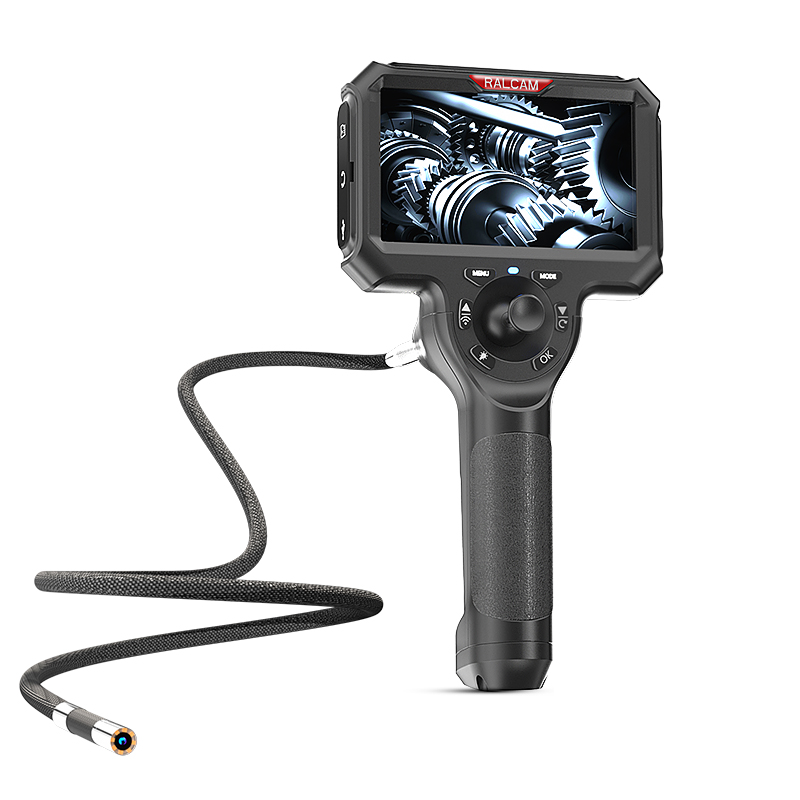 Susan
Susan  2026-01-23
2026-01-23

Each time you wash your hands, take a shower, flush the toilet, do your dishes, or run your garbage disposal you put your sewer system to work. With so many daily and sometimes hourly activities that put your sewer lines and septic tank system to work at your home is important to know that even a small clog or blockage can cause problems for this engineered waste system.
Unfortunately, many people don’t realize that video borescopes have a sewer line issue before it’s too late and causing a clear problem. Over time, especially if ignored, these sewer line issues can degrade, crack, collapse, or become blocked. Here are some helpful tips to aid in the prevention of sewer line backups. Of course, you can always inspect your home waste lines with a sewer camera but an ounce of prevention is worth a pound a cure.
Know what you put down your drains.
Abstain from putting foods down the drain that contain: grease, cooking oils chunks of or stringy vegetables. More ‘no no’s for your kitchen sink drain are coffee grounds and egg shells as they are slow to move in the drain and tend to not only remain stagnant but also catch other waste particles. If you have any concerns about whether a waste material would cause an issue in your sink drains, don’t risk it. Throw food remnants and all other greasy waste in the trash can—not down your drain. And yes, this even includes grease that is hot when you pour it down the drain.
Your paintbrushes should not be cleaned in your sink as well. The chemicals in paint retard the natural decomposing process in your septic tank.
Of course, no motor oils or other synthetic lubricants should be poured or disposed of in your sink or home waste streams.
Another concern is if you or your family members have long or coarse hair. We all naturally lose some hair when we wash but longer hair has the propensity to tangle up inside the drain. Make sure that your shower drains offer a screen to catch hair before it’s introduced down the drain.
To keep your toilet bowl happy, toilet paper and human waste should be the only items flushed down.
Paper towels, Q-tips, feminine products, baby diapers, and those so-called flushable wipes should never be flushed down a toilet because they don’t break down as toilet paper and human waste do.
Of course, toilet bowls are large enough for you to pour your last bit of paint that you don’t need, but this is a huge ‘no’ for your sewer lines.
Another common concern is that many homeowners that have indoor cats have gotten into the habit of putting waste from the litter box in the toilet. Although this may be convenient, this practice could cause problems, especially with ‘clumping cat litter’ or litter that is produced with natural clay. These products are designed to stick and clump together and this can create issues with your wastewater pipes.


